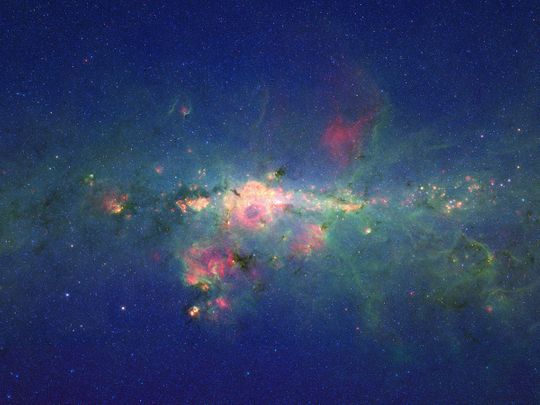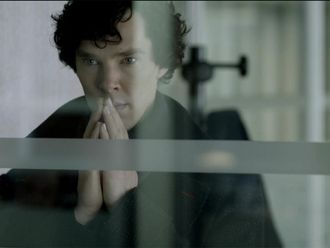
Whenever astronauts complete a spacewalk and return to the space station, they pull off their helmets and are hit by a distinct smell – the scent of space.
Click start to play today’s Word Search, where you can find the word ‘astronaut’.
Have you ever wondered what outer space smells like? According to US space agency National Aeronautics and Space Administration (Nasa) website, the scent of the cosmos is far from subtle.
In the past, astronauts have described it to be metallic, to resemble the smell of gunpowder, ozone, sweet-smelling welding fumes, or seared steak. In one tweet, European Space Agency (ESA) astronaut Alexander Gerst wrote: “To me, space smells like a mixture between walnuts and the brake pads of my motorbike.”
Astronauts technically cannot smell space when they are floating in it – at the time, their olfactory senses are directed towards the interiors of their spacesuits, which just smell like plastic. But once they step into the space station and remove their helmets, they get a whiff of the strong cosmic odour that clings to their suits, helmet, gloves and tools.
So, what exactly is causing space’s unique smell?
Scientists do not fully know, but according to Nasa, a key contributor might be polycyclic aromatic hydrocarbons (PAH), incredibly robust, chicken wire-shaped molecules that are found all throughout the universe. They are also present on Earth in the strangest places – soot, car exhaust, burnt toast, and charred meat.
Our noses are highly sensitive to small PAHs – it’s why you can smell your toast burning from across the room, and the reason why the smell of black soot from car exhaust can linger in the air, your clothes and even in your nose for a long time. Because they are exceptionally stable, these molecules can survive harsh interstellar radiation fields and shock waves, and float around in the cosmos for a very long time.
The smell of space can also depend on where you are within the cosmos, because of the concentration and proportion of elements, like oxygen, and sulfur. For instance, Jupiter’s moon, Io, has its own unique scent, which scientists think is akin to rotten eggs. Deep space may smell like a charcoal grill. And once you hit the dark pockets of galaxies far away, the scents get even more complex and interesting – molecular clouds full of dust particles can have a sweet, sugary fragrance or the rotten-egg stench of sulfur.
One of the best scent discoveries comes from our own galaxy. The dust cloud at the very centre of the Milky Way is known to contain large amounts of ethyl formate – the compound that gives Earth’s raspberries their flavour.
So, if space smells like raspberries, it’s not so bad, don’t you think?
Play today’s Word Search and tell us what you think at games@gulfnews.com.








